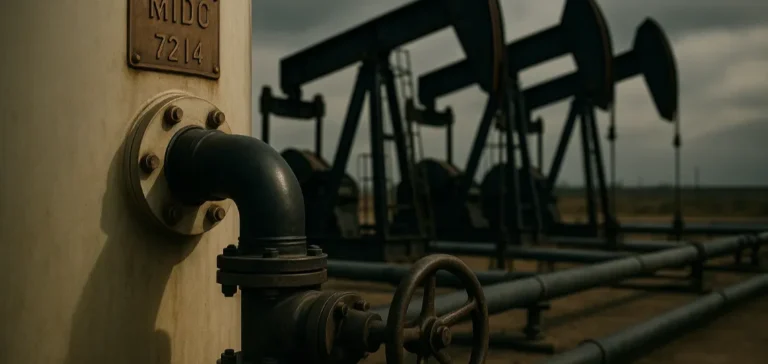Global primary energy demand has increased by 40 million barrels of oil equivalent per day over the past decade, according to Amin Nasser, President and Chief Executive Officer of Saudi Arabian Oil Company (Aramco). He stated that hydrocarbons cover around two-thirds of this growth and currently represent 80% of the 340 million barrels of oil equivalent consumed daily.
Massive investments without energy shift
Despite over $11tn invested globally in the energy transition, the use of oil, gas, and coal continues to reach record highs. Nasser highlighted that alternative sources, particularly electric vehicles (EVs) and renewables, are struggling to absorb the growth in demand, leaving hydrocarbons to fill the gap.
He also noted that in some cases, electrified technologies are contributing to an increase in emissions. The intermittency of renewables, combined with the lack of economically viable large-scale storage, is intensifying grid instability and reinforcing reliance on gas and coal.
Growing pressure from the tech sector
The Aramco executive also pointed out that the rise of digital technologies, particularly data centres, will significantly increase electricity consumption. By 2030, these infrastructures could consume up to four times more electricity than the entire global fleet of battery electric vehicles.
Nasser described the energy transition targets as unrealistic in terms of pace and cost. He stated that most international forecasts are now being revised to factor in the continued long-term use of oil and gas.
Boosting oil and gas capabilities
Aramco aims to maintain its dominant position in oil, leveraging low production costs — $2 per barrel of oil equivalent for oil and $1 for gas — and one of the lowest upstream carbon intensities in the industry. The company also plans to increase its sales gas production capacity by more than 60% by 2030 compared to 2021 levels.
Furthermore, the Saudi firm is expanding into unconventional gas development and investing in digital technologies, artificial intelligence, and infrastructure to enhance operational efficiency. A $7bn venture capital programme supports these efforts, with $6bn of realised technology value captured over the past two years.
Balanced long-term outlook
The chemicals segment remains a strategic growth area for Aramco, leveraging its competitiveness in feedstocks and conversion capacities. The company also maintains a cautious approach to new energy investments, ready to scale up when market conditions become commercially viable.
Nasser concluded that this strategy aims to prepare for a realistic energy future while delivering long-term value to stakeholders and shareholders.






















